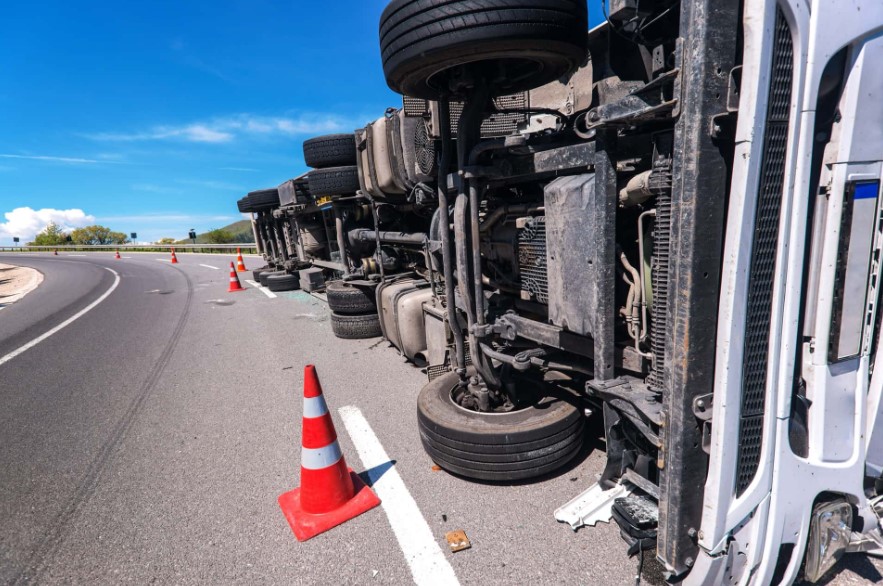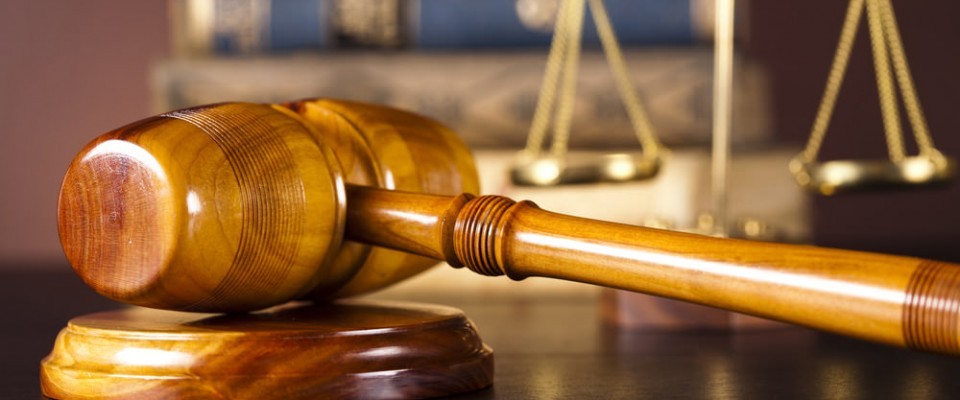
When a truck accident happens, victims need to seek compensation for their damages. That includes medical bills, lost income, and other expenses.
However, trucking companies and their insurance carriers will do everything they can to try to minimize your claim. That means you need to enlist the help of an experienced attorney.
Determining Fault
Injuries sustained in a truck accident are devastating and can have long-lasting effects. It is important to understand who is liable in these accidents and how to build a strong case against them.
There are many parties involved in truck accidents and it can be difficult to determine fault without help from an experienced personal injury attorney. The truck driver, trucking company, cargo owner or handler, and maintenance company are among the entities that can be held liable.
The truck driver is generally responsible for driving safely and following the rules of the road. They are also required to take preventative measures, like maintaining their equipment and taking a crash course before operating a commercial vehicle. They are also subject to penalties for breaking trucking regulations. They can be found liable for an accident if they are fatigued, fail to follow safety regulations, or negligently operate the vehicle.
Gathering Evidence
If you’re involved in a truck accident, it’s important to have a skilled personal injury attorney on your side who knows how to collect the evidence needed for your claim. This may include securing vehicle repair records, driver records, and other data that could prove invaluable in establishing the cause of the crash.
Obtaining this information requires experienced lawyers to start the process of discovery as soon as possible. This pre-trial stage in a lawsuit allows both sides to access important evidence before it is destroyed by the defendant.
It’s also important to gather all evidence of damage that occurred at the scene of the accident. This can help establish the extent of injuries and how they affected your life.
In addition to physical evidence, cell phone data from a trucker can provide substantial insight into the trucker’s life and habits that could assist your case. However, it can be difficult for a trucker and their company to hand over this valuable evidence until an accident victim’s lawyer requests it through the legal process of discovery.
Negotiating With the Insurance Company
Typically, the first step in trucker personal injury claims is to send an organized demand letter and proper supporting documents to the insurance company. This helps frame the discussion of compensation in a way that makes it easier to negotiate with the adjuster.
When you send your letter, make sure it includes a demand for an amount that is reasonable and fair. It should be based on the value of your losses, including reimbursement for medical bills, lost income and earning capacity, property damage, and pain and suffering.
Once they receive your letter, the insurance company may come back with an offer to resolve the case. This is a negotiation phase, and it can be time-consuming.
An experienced attorney can help you negotiate for your best interests, using strategies that work against the common tactics insurance companies use to deny or reduce their payouts. They can also help you determine whether an offer is fair.
Filing a Lawsuit
If you have suffered injuries and losses due to a truck accident, you may be able to file a lawsuit against the responsible party. This process can be complex, so it is important to consult with an experienced lawyer as soon as possible.
Once fault is determined, you may need to collect evidence to support your claim. For example, you may need to collect photographs of the damage caused by the trucking accident and witness statements from eyewitnesses.
It is also critical to gather important documents and records immediately after the accident. Federal laws allow trucking companies to destroy these documents after six months, so it is crucial to take action early on.
Once the investigation is complete, your lawyer will begin negotiating with the insurance company for compensation. If negotiations fail, you can pursue a lawsuit against the at-fault party and their insurers.

